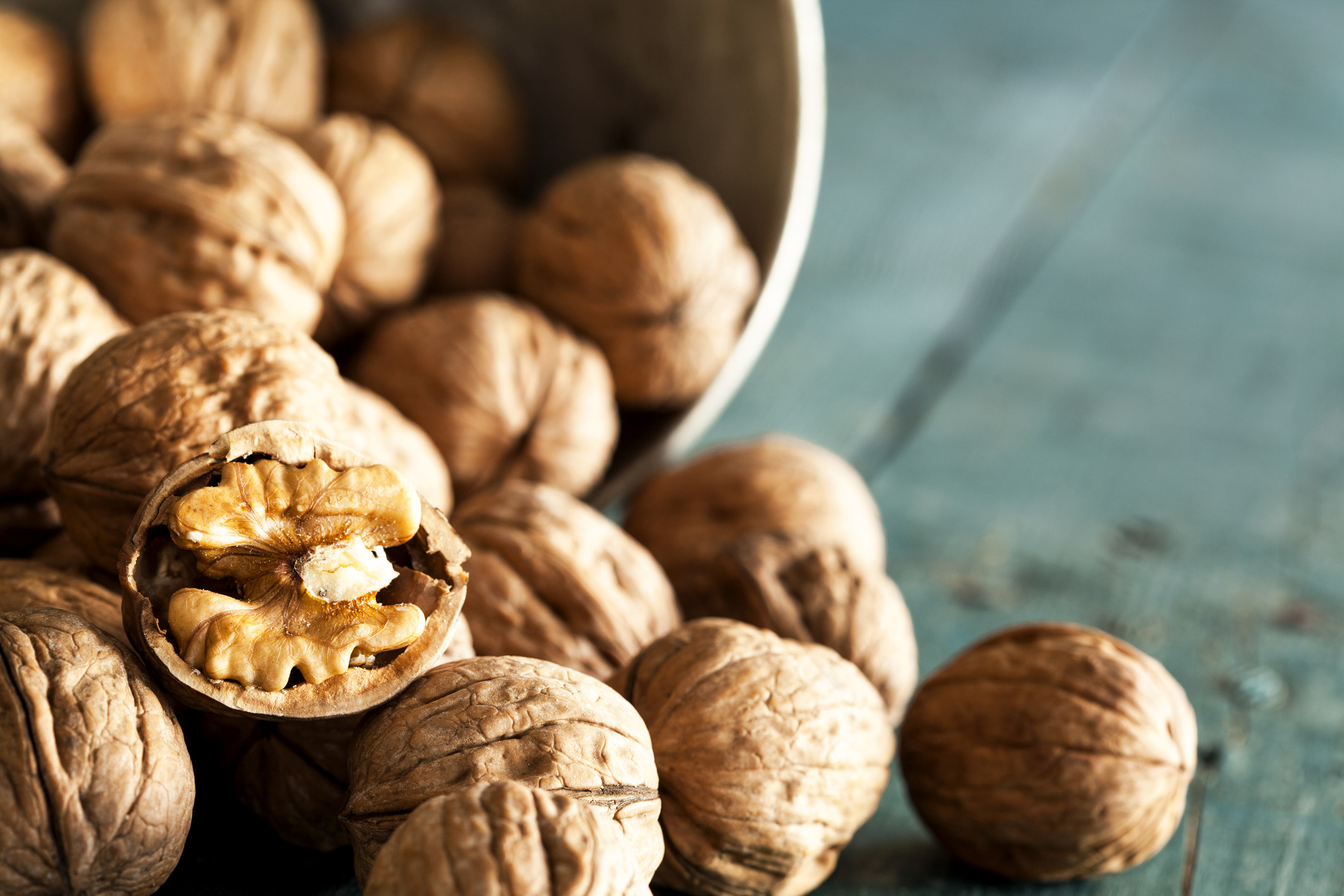
How does prostate cancer treatment affect mental health?

5 timeless habits for better health

What are the symptoms of prostate cancer?

Is your breakfast cereal healthy?

When pain signals an emergency: Symptoms you should never ignore

Does exercise give you energy?

Acupuncture for pain relief: How it works and what to expect

How to avoid jet lag: Tips for staying alert when you travel

Biofeedback therapy: How it works and how it can help relieve pain

Best vitamins and minerals for energy
Heart Health Archive
Articles
POTS: Diagnosing and treating this dizzying syndrome
Most of us don't think twice about standing up, but for people affected by postural orthostatic tachycardia syndrome (POTS), standing can provoke lightheadedness and a racing heartbeat. While some people with POTS will require medications, most will improve with some specific dietary and behavioral changes.
What is POTS — and what triggers it?
Postural orthostatic tachycardia syndrome (POTS) is a condition characterized by lightheadedness or dizziness when standing and a racing heart. The underlying cause is not known, although it sometimes follows bedrest after injury or illness. Recently, POTS has been diagnosed in some people who have had COVID-19.
A brief bout of anger may be bad for your blood vessels
A short episode of anger may have adverse effects on the cells lining the blood vessels, according to a 2024 study. The findings may help explain the long-observed link between negative emotions and an increased likelihood of cardiovascular problems.
Counting steps as good as time tracking for monitoring heart health
Advice about the amount of physical activity required to stave off heart disease and other chronic ailments is usually expressed as a time-based goal. But counting steps may be just as useful, according to a 2024 study.
All types of alcohol appear to raise blood pressure
A 2024 study suggests that the more alcohol people drink—whether they imbibe beer, wine, or hard liquor—the higher their blood pressure.
Rethinking HDL cholesterol
The scientific understanding of HDL cholesterol has evolved in recent years, and many cardiologists now believe that HDL may be more of a bystander rather than a "good guy" that helps lower heart disease risk. While some types of HDL are great at plucking excess cholesterol from LDL and artery walls (a process referred to as reverse cholesterol transport) other types of HDL don't do this. In clinical trials, medications to raise HDL levels—including a drug specifically designed to improve reverse cholesterol transport—have not succeeded in lowering heart attacks and strokes.
Are heart attacks overdiagnosed?
Doctors may diagnose heart attacks in people who have not actually had one, in part because they screen people with subtle symptoms out of fear of missing the diagnosis. Failure to diagnose a heart attack is the No. 1 cause of malpractice payouts in the emergency department. But the blood test used to detect a heart attack is very sensitive, and other conditions such as myocarditis (heart inflammation) may be misdiagnosed as a heart attack. This problem of overdiagnosis can expose people to unneeded risks, high costs, and other downsides.
Chemical pollutants: A growing concern for your heart
Chemical pollutants such as lead, perfluoroalkyl and polyfluoroalkyl substances (also known as PFAS), and pesticides may contribute to heart disease risk. Possible routes of exposure for all three include drinking water and food. Residue and dust from many common items (such as water-resistant clothing and personal care products) may expose people to PFAS. People can limit their exposure by testing and, if needed, filtering their drinking water; choosing PFAS-free products when possible; using non-chemical pest control methods; and choosing organic foods.

How does prostate cancer treatment affect mental health?

5 timeless habits for better health

What are the symptoms of prostate cancer?

Is your breakfast cereal healthy?

When pain signals an emergency: Symptoms you should never ignore

Does exercise give you energy?

Acupuncture for pain relief: How it works and what to expect

How to avoid jet lag: Tips for staying alert when you travel

Biofeedback therapy: How it works and how it can help relieve pain

Best vitamins and minerals for energy
Free Healthbeat Signup
Get the latest in health news delivered to your inbox!
Sign Up











